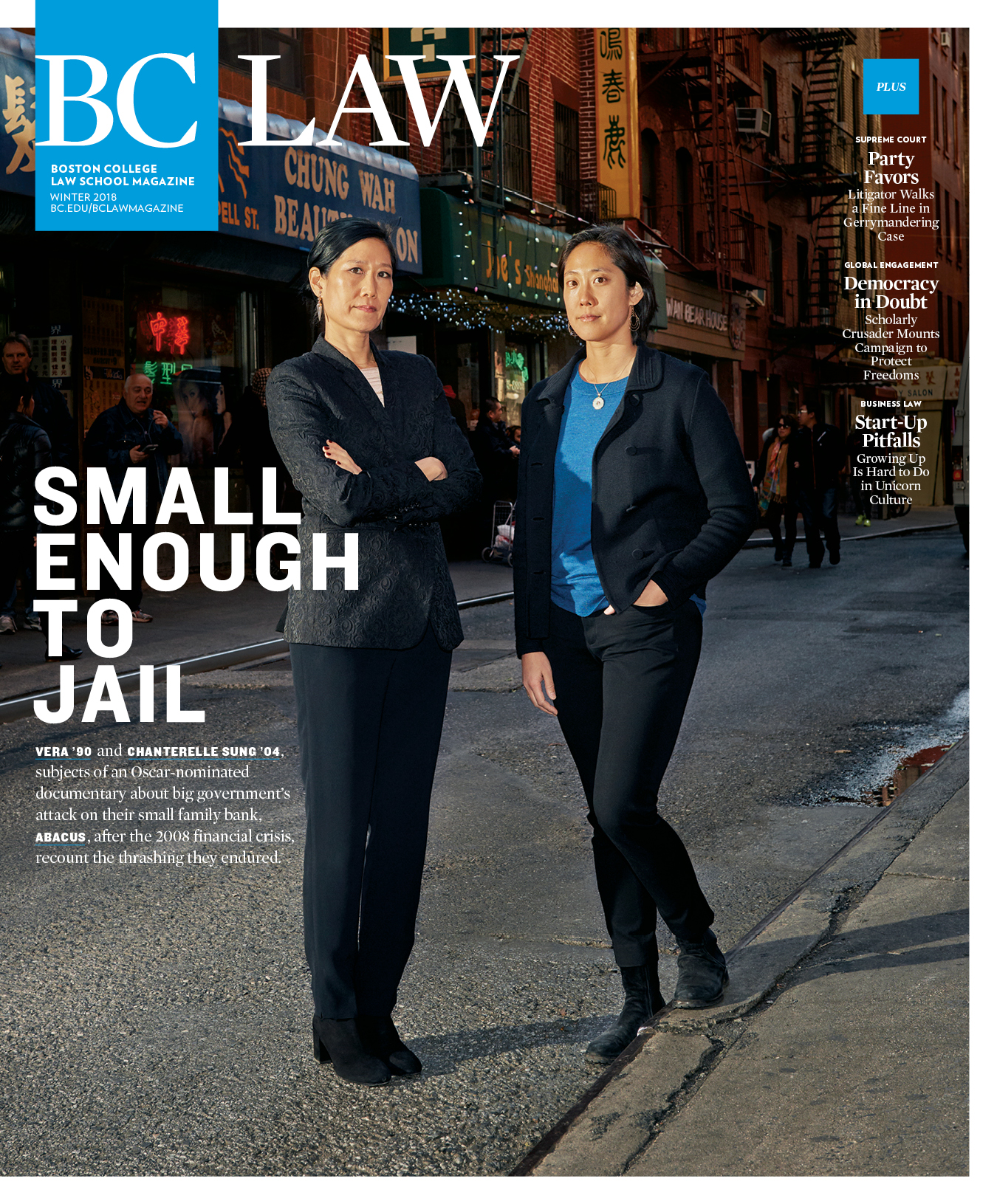Boston College’s Clough Center for the Study of Constitutional Democracy hosted a two-day October conference to mark the 150th anniversary of Confederation in Canada—an important moment in modern history because Canada is now one the world’s constitutional superpowers. Canadian Supreme Court Justice Russell Brown was among more than two dozen participants.
In regards to the Canadian Constitution’s growing influence since the 2000s in other parts of the world—and the relative decline in influence of the US Constitution—Justice Brown said the Canadian Supreme Court’s interpretation of its constitution likely played a central role in its universal appeal. “It is useful to distinguish between the Constitution’s influence, and the Court’s influence in giving meaning to the content of the Constitution.” he said.
“As far as the US Constitution’s declining influence, it was written in 1787, so I suppose it shouldn’t be too surprising that it is declining in influence,” Justice Brown continued. “But I think one also has to bear in mind that constitutions are more than just bills of rights. It may be that with the proliferation of republican constitutions post-war, maybe that particular aspect of the US Constitution had more influence than the Canadian Westminster model.”
He said the international appeal of the Canadian Charter of Rights and Freedoms could be attributed to the fact that the Supreme Court has drawn heavily upon the laws of other rule-of-law states in its interpretation of the Charter, making it a more universal document in a sense.
This cross-pollination made the Charter more than a uniquely Canadian document, and it became a document that would be interpreted with a wider, universal understanding of the meaning of rights, he said. However, Justice Brown cautioned that there is a danger in assuming the Canadian model can be the new paradigm for the world. “The more likely we are to see it as such, the less likely we are to look for ways that we can improve upon it,” he said.


